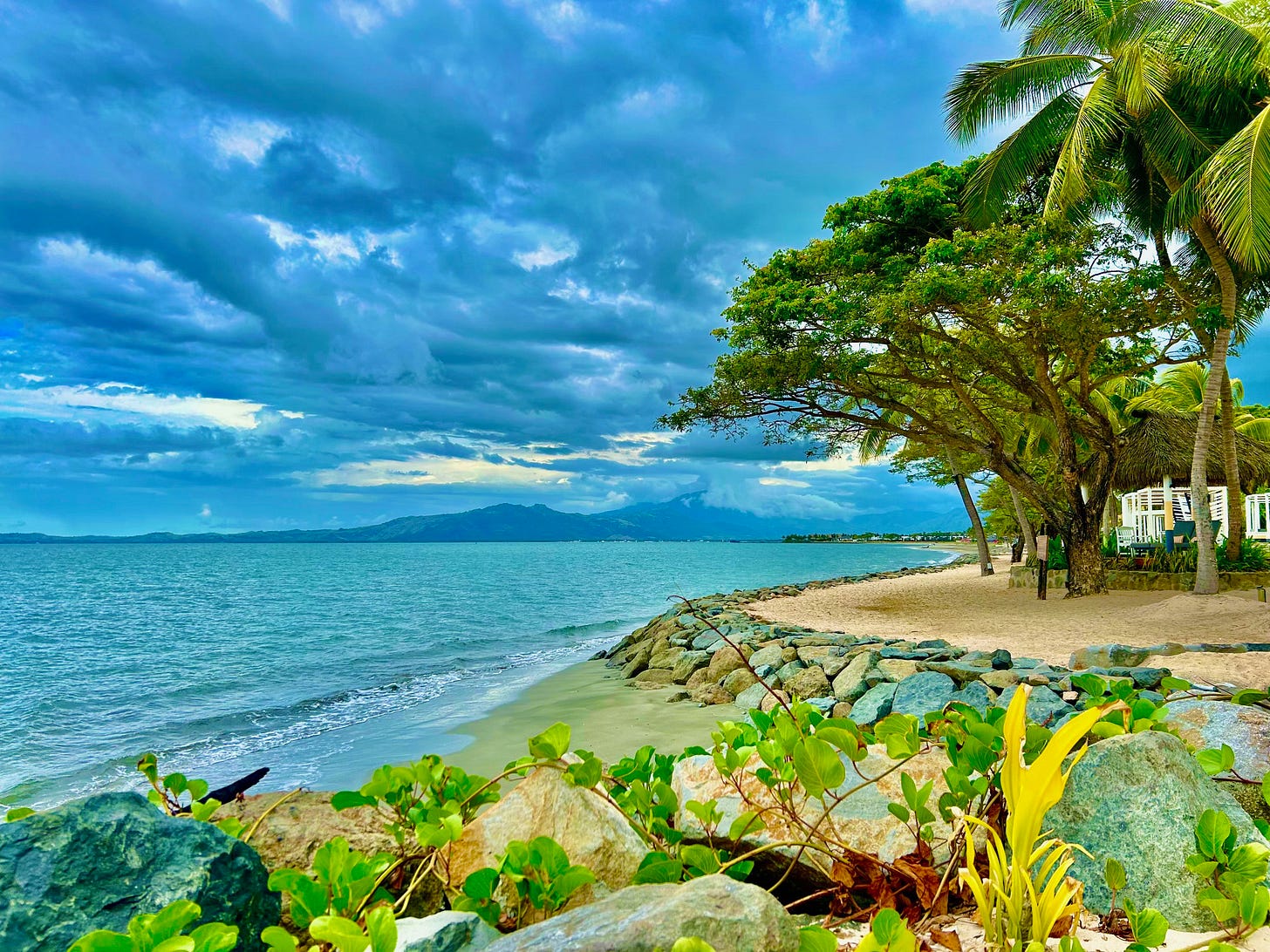Pacific Sacrifice Zones in Washington’s Frontier Imagination
I just published new research in the Cambridge Review of International Affairs called “Geopolitical Sacrifice Zones in US Strategic Thought: Erasure, the Frontier and the Blue Pacific.” (unpaywalled!)


